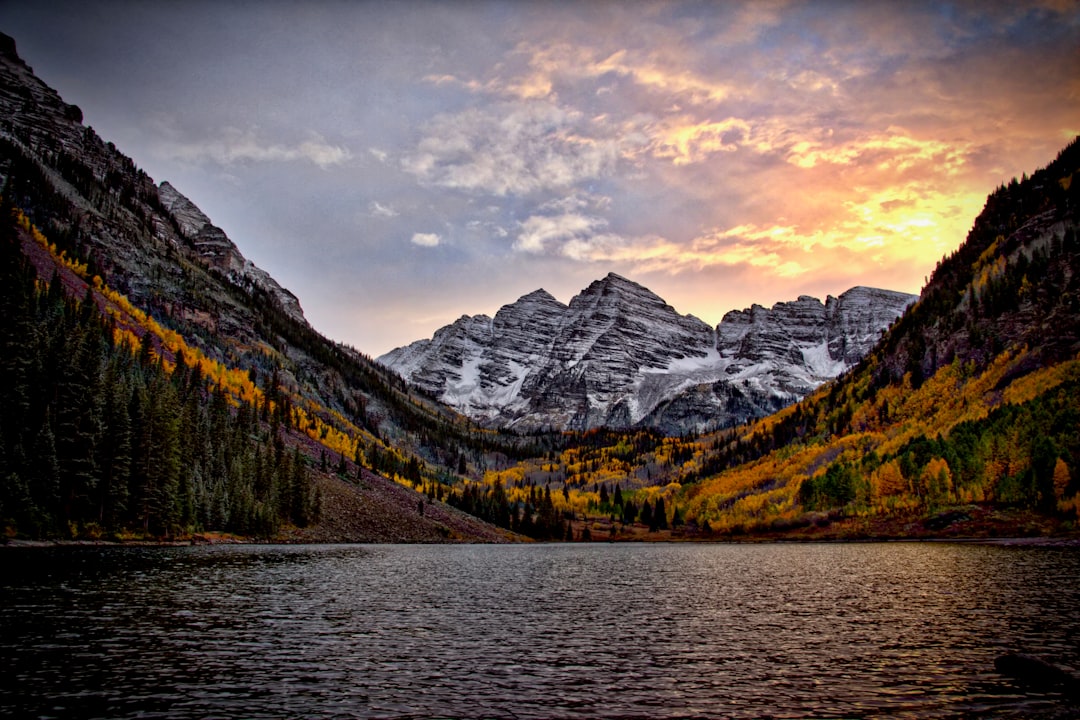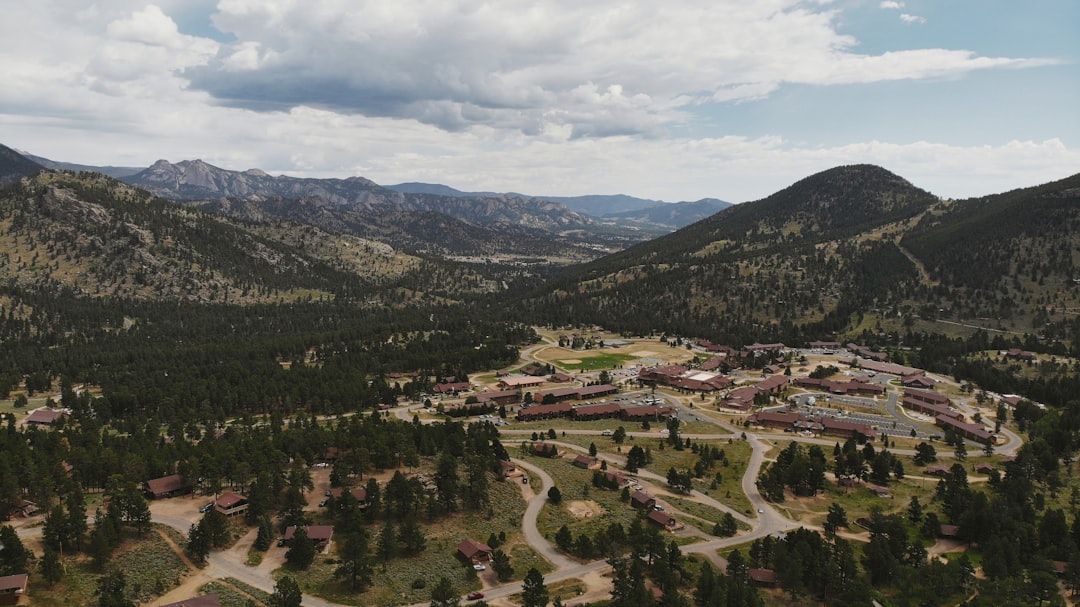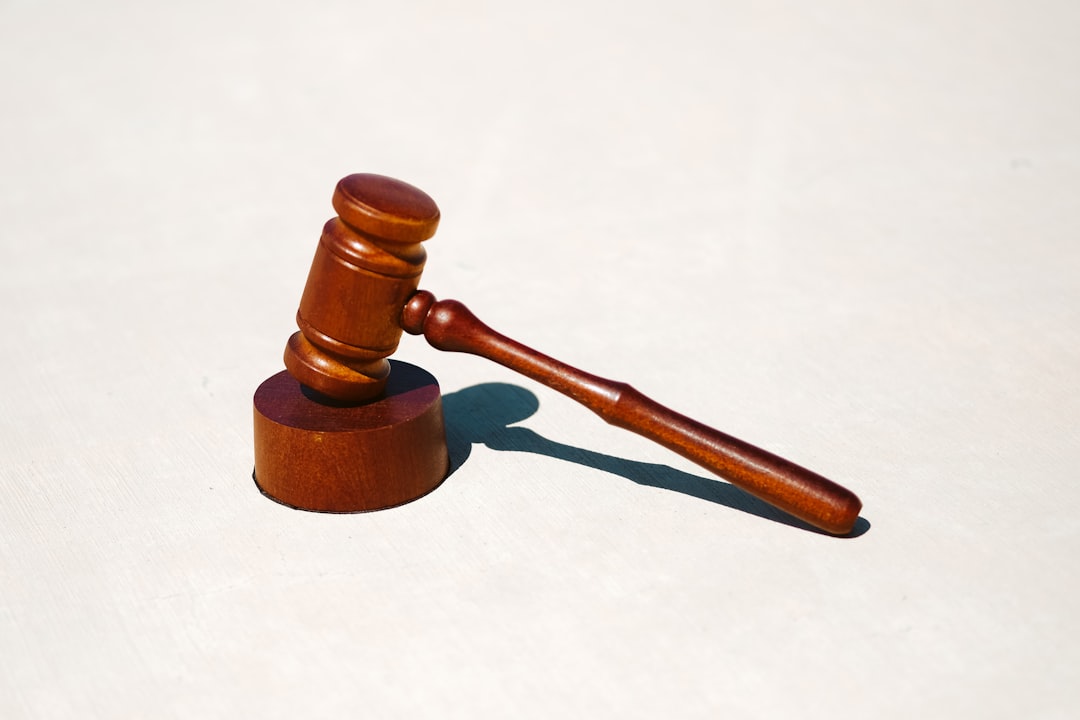Colorado has established a robust legal framework to combat and prevent sexual abuse within religious institutions, prioritizing individual protection, especially vulnerable persons. The state imposes strict background checks, consent rules, and age restrictions with severe penalties for violators. Religious institutions actively combat abuse through proactive measures, training programs, and reporting mechanisms supported by local sexual abuse lawyers. Mandatory reporting requirements, codes of conduct, and education programs further safeguard individuals, while specialized legal support empowers survivors to seek justice. Sexual abuse law firms in Colorado offer tailored services, assisting victims with criminal charges, civil lawsuits, and healing processes.
In Colorado, the approach to preventing sexual abuse within religious institutions is multifaceted and stringent. This article delves into the state’s legislative framework aimed at combating this heinous crime, focusing on key strategies such as institutional policies, staff training, and legal support for survivors. For those seeking guidance, a sexual abuse lawyer in Colorado or a trusted sexual abuse attorney from a reputable law firm can provide essential resources to navigate these complex issues. By understanding these measures, we foster safer environments and hold perpetrators accountable.
Understanding Colorado's Legislative Framework Against Sexual Abuse

Colorado has established a robust legislative framework to address and prevent sexual abuse within religious institutions. The state’s laws are designed to protect individuals, especially those who may be vulnerable due to their age or position within these organizations. A sexual abuse lawyer in Colorado would highlight that several key statutes have been implemented to combat this issue. These include strict guidelines for background checks and screening of employees and volunteers, ensuring that religious entities maintain a safe environment for all members.
The state’s legal system also places significant emphasis on the protection of minors. Sexual abuse attorneys in Colorado emphasize that there are stringent rules regarding consent and age restrictions, with severe consequences for violators. Additionally, the legislation encourages reporting mechanisms, allowing individuals to come forward without fear of retaliation, which is crucial in holding perpetrators accountable. These measures demonstrate Colorado’s commitment to addressing sexual abuse within religious contexts, as advocated by sexual abuse law firms in the state.
The Role of Religious Institutions in Preventing Assaults

Religious institutions play a pivotal role in preventing and addressing sexual abuse within their communities. In Colorado, many faith-based organizations are taking proactive measures to ensure safe environments for all members, especially vulnerable individuals. These institutions have become more accountable, implementing robust policies and training programs aimed at recognizing and mitigating potential risks of sexual assault. With the support of dedicated sexual abuse lawyers and attorneys in Colorado, religious leaders are equipped with legal knowledge, enabling them to establish clear guidelines and reporting mechanisms.
By fostering open dialogue and raising awareness, these institutions can create a culture of consent, respect, and understanding. The collaboration between religious bodies and legal experts ensures that survivors receive the support they need while holding perpetrators accountable. Sexual abuse law firms in Colorado often work closely with organizations to develop comprehensive strategies, offering guidance on policy creation, staff training, and crisis management. This collaborative approach is crucial in preventing and effectively managing incidents of sexual assault within religious settings.
Strategies and Policies to Foster a Safe Environment

Colorado has implemented several strategies and policies to create a safe environment within religious institutions and prevent sexual abuse. One key approach is mandatory reporting. State laws require certain individuals, including clergy and lay leaders, to report suspected child abuse or neglect. This ensures that potential instances of sexual misconduct are promptly investigated and addressed. Additionally, many religious organizations in Colorado have adopted strict code of conduct policies, outlining clear guidelines for appropriate behavior and establishing zero-tolerance for any form of sexual harassment or assault.
Education and training play a vital role in prevention. Many institutions now mandate comprehensive training programs for staff, volunteers, and even members. These programs aim to raise awareness about sexual abuse, its signs, and how to respond effectively. By empowering individuals with knowledge, Colorado’s religious communities are fostering an atmosphere where potential abusers are deterred, and victims feel more comfortable seeking help from a trusted authority figure or legal professional, such as a sexual abuse lawyer in Colorado.
Training and Education for Clergy and Staff

In Colorado, preventing sexual abuse within religious institutions is taken seriously. A key component of this approach is comprehensive training and education for clergy and staff. This includes specialized workshops that focus on recognizing signs of potential abuse, establishing clear protocols for reporting and investigating incidents, and promoting a culture of consent and respectful boundaries. Clergy and staff are also equipped with the latest legal updates and guidelines related to sexual abuse, ensuring they understand their responsibilities and the legal implications of non-compliance.
The state’s sexual abuse lawyers, attorneys, and law firms play a crucial role in these educational initiatives. They provide expert insights into the legal definitions and consequences of sexual misconduct, helping religious institutions implement policies that align with current laws. By collaborating closely with clergy and staff, these professionals ensure that prevention efforts are not just theoretical but practical and effective, ultimately fostering safer environments within Colorado’s religious communities.
Legal Support and Resources for Survivors in Colorado

In Colorado, survivors of sexual abuse within religious institutions have access to legal support and resources tailored to help them navigate their unique circumstances. Many organizations offer specialized services for those who have experienced such trauma, often providing a safe space to share their stories and seek justice. The state has also implemented laws to protect victims’ rights and ensure accountability from perpetrators.
Survivors can turn to sexual abuse lawyers in Colorado or consult with sexual abuse attorneys who specialize in handling cases related to religious institutions. These legal professionals form part of various sexual abuse law firms across the state, offering guidance on criminal charges, civil lawsuits, and support during legal proceedings. With their expertise, survivors can take action against abusers and work towards achieving justice and healing.






